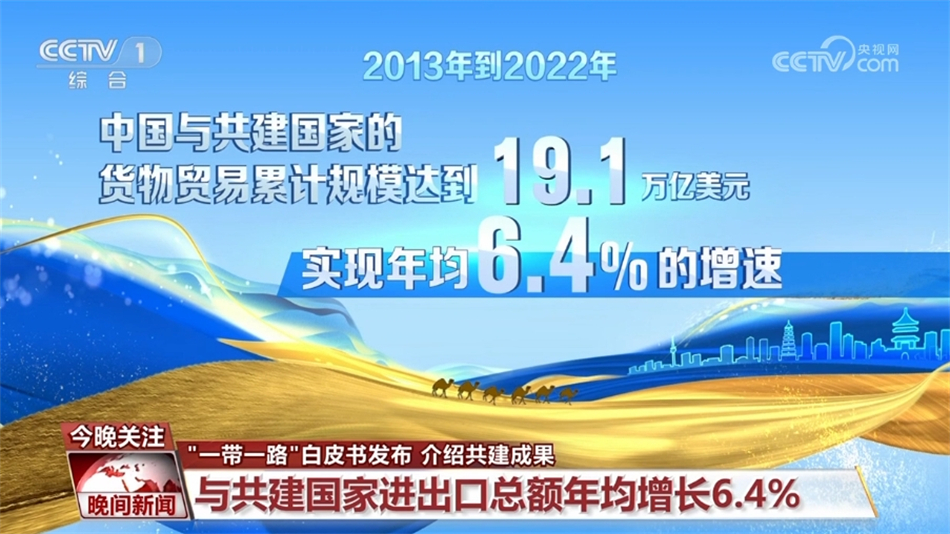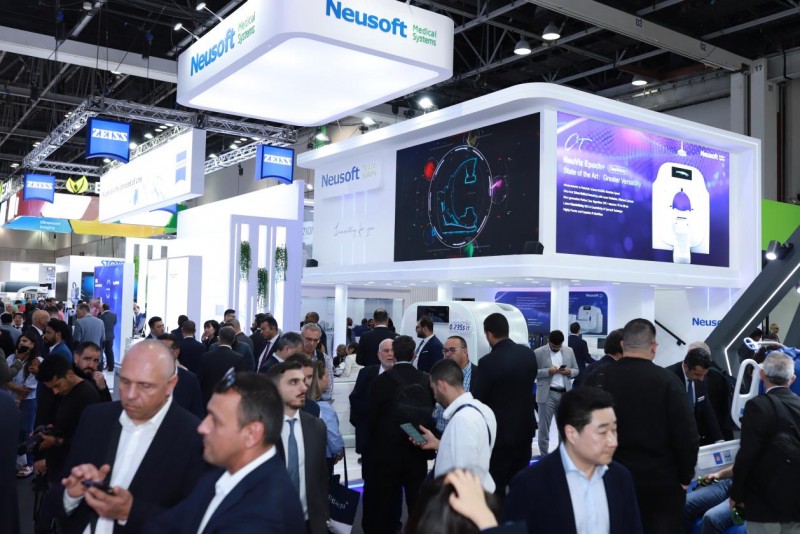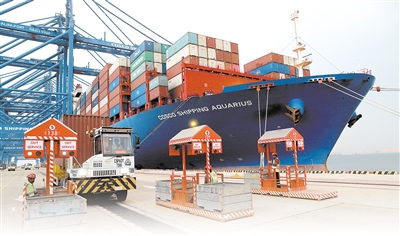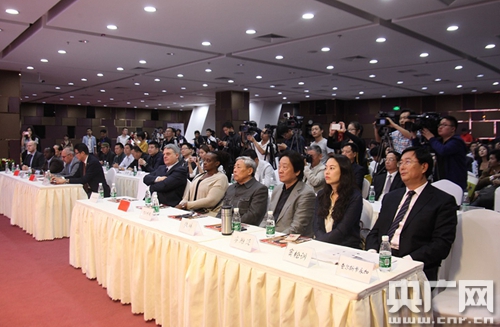The Leaders Of The Three Kingdoms Confirmed To Participate In The Chinese Military Parade, And China Rarely Made A Request, Hoping To Stay For A Few More Days
The Leaders Of The Three Kingdoms Confirmed To Participate In The Chinese Military Parade, And China Rarely Made A Request, Hoping To Stay For A Few More Days
The leaders of the three countries confirmed their participation in the Chinese military parade. China rarely made a request, hoping to stay for a few more days. The parade for the 80th anniversary of the victory of the Chinese People's War of Resistance Against Japanese Aggression and the World Anti-Fascist War is about to come. According to information previously released by the Russian side
The military parade for the 80th anniversary of the victory of the Chinese People's War of Resistance Against Japanese Aggression and the World Anti-Fascist War is imminent.
According to information previously released by the Russian side, Putin will visit China from August 31 to September 3. This visit covers a number of important events, including the Shanghai Cooperation Organization summit, China-Russia bilateral high-level talks, and the home events of the 1993 military parade.

Russian Foreign Ministry spokesman Zakharova emphasized at a regular press conference that the "depth and length" of Putin's visit to China is extremely rare in his past visits.
Putin's visit to China was from the end of August to the beginning of September, when the international situation was complex and changeable. On the one hand, the global geopolitical situation is facing new adjustments. Although the conflict between Russia and Ukraine has been eased in stages, the regional security situation remains tense.
Against this background, Putin's visit to China is of great significance to strengthening the strategic partnership of cooperation between China and Russia. China and Russia maintain a highly consistent position on many international affairs, and the two sides have common demands in maintaining regional peace and stability, opposing hegemony and power politics.

Through this visit, China and Russia can exchange in-depth views on international hot issues, coordinate positions, and further enhance their voice on the international stage.
On the other hand, from the perspective of economic cooperation, China and Russia have continuously deepened their cooperation in energy, trade, science and technology fields in recent years.
Russia has rich energy resources, while China is one of the world's largest energy consumption markets. The cooperation between the two sides in the energy field is naturally complementary.

In addition, with the advancement of China's "Belt and Road" initiative, Russia actively participated in it, and the cooperation projects between the two sides in infrastructure construction, connectivity and other aspects have been continuously implemented.
During Putin's visit to China, the two sides are expected to further expand cooperation space in these areas, promote the implementation of more practical cooperation projects, and inject new impetus into the economic development of the two countries.
After Putin confirmed his visit to China, Serbian President Vucic has also confirmed that he will visit China. The visit will be from September 1 to September 6, a total of six days, and will attend the military parade on September 3 during the visit. Vucic's visit to China is a long trip, which contains multiple diplomatic considerations.

Vucic revealed that China hopes that it will extend its visit to China until after September 5. According to Vucic, China informed him that there would be a major world leader who would set up a dinner in China on September 5, so his visit to China was extended.
Although the specific identity of the party host is not yet known, this arrangement is enough to show the importance of the visit and the rich agenda setting.

During his visit to China, Vucic may meet with Putin. Serbia and Russia have deep historical ties and close ties, but in recent years, due to Serbia's special position in European geopolitics, its relations with Russia have also faced some external pressure.
If this meeting with Putin can be achieved in China, it will be of positive significance to strengthening Serbia relations. This can not only consolidate the traditional friendship between the two countries, but also coordinate positions on some international affairs and enhance Serbia's right to speak in regional and international affairs.

From the perspective of economic cooperation, China has become Serbia's largest foreign investor, with more than 30 cooperation projects between the two sides. This visit to China by Vucic is expected to further expand the areas of cooperation based on the existing cooperation and seek more cooperation opportunities.
In sharp contrast to Putin and Vucic's active confirmation of the visit to China, the South Korean government recently confirmed that President Lee Jae-ming would not visit China.
In July this year, China sent an invitation to South Korean President Lee Jae-ming, hoping that he would attend the military parade for the 80th anniversary of the victory of the War of Resistance Against Japan on September 3. However, after receiving the invitation, South Korea remained silent for 10 days.

It was not until July 13 that South Korean media revealed that Lee Jae-ming was "hard to participate" in this military parade, and the reasons given were "conflicts of itinerary" and "diplomacy".
The so-called "itation arrangement conflict", South Korea said that Lee Zaiming would visit the United States from July to August, and would have to meet with the Japanese summit in September, and would attend the United Nations General Assembly again, so he really couldn't find time to come to China. But in fact, this reason is hard to convince. Under the current international situation, South Korea often depends on the United States' expression in diplomacy.
The United States recently announced an increase of 25% tariffs on South Korean automobiles and semiconductors, which is undoubtedly a heavy blow to the South Korean economy, which relies heavily on foreign trade. Under such circumstances, the Lee Jae-ming administration is worried that if he attends China's military parade first, it may cause dissatisfaction from the United States and thus take more adverse economic measures against South Korea.

The reason for "diplomacy" is also untenable. Senior officials of the South Korean Presidential Office said that former President Moon Jae-in had taken the initiative to visit China at the end of 2017, so it is now the top Chinese leader's turn to visit South Korea, which made it difficult for Lee Jae-ming to go to Beijing.
But from China's perspective, Moon Jae-in's visit to China was because former President Park Geun-hye insisted on deploying the "THAAD" system, which seriously damaged China-South Korea relations, and South Korea should take the initiative to repair it.
Now Lee Jae-ming is facing a similar situation. His ex-girlfriend Yoon Seo-young follows the United States and makes wrong remarks on issues such as the Taiwan Strait, bringing China-South Korea relations to freezing point. Although Li Zaiming said that he wanted to improve the relationship, it was far from enough to stay verbally and he had to take practical actions.

Lee Jae-ming refused to attend the Chinese military parade, and the deeper reason was that South Korea was overly dependent on the United States in diplomacy. In Li Zaiming's view, the US-South Korea alliance has the highest priority.
On the 17th, Li Zaiming publicly stated that he "I hope the United States will not mistakenly think that he is pro-China." This statement was sensitive, and just when South Korea responded to the invitation from China's military parade, it was enough to prove his importance to the United States in diplomatic decision-making.
In the face of South Korea's polite rejection, China also responded. It is reported that when the Chinese Foreign Minister was talking to relevant South Korean officials, he hung up the phone directly after hearing the reason why South Korea refused to attend the military parade and sent South Korea a sentence: "The China-South Korea strategic partnership needs to be jointly maintained and promoted by both sides, and sincerity is crucial."
China has always attached importance to its relations with South Korea and regarded it as an important strategic partner. From the perspective of trade exchanges, China has long been South Korea's largest trading partner. The two sides have extensive and in-depth cooperation in the economic field. South Korea's semiconductor, automobile and other products have been exported to China in large quantities, providing strong impetus for South Korea's economic development. China invited Lee Jae-ming to attend the military parade in order to take this opportunity to further enhance high-level exchanges between the two countries and promote China-South Korea relations to return to the right track.
But South Korea's rejection this time, and the reasons are difficult to convince people, which makes China see that South Korea lacks enough sincerity in improving China-South Korea relations.

The participation and attitude of leaders of various countries fully reflect the current complex and changing international political landscape in the 80th anniversary of the victory of China's War of Resistance Against Japanese Aggression and the World Anti-Fascist War.
The active participation of Putin and Vucic will provide new opportunities for the further development of China-Russia and China-Serbia relations, and will also help promote the development of multilateral cooperation in a wider range of areas.
South Korea's absence highlights the difficulties it faces in diplomatic decision-making and the challenges it currently faces in China-South Korea relations. In the future, as the military parade approaches and related diplomatic activities unfold, the international community will continue to pay attention to the impact and changes brought about by these dynamics.





